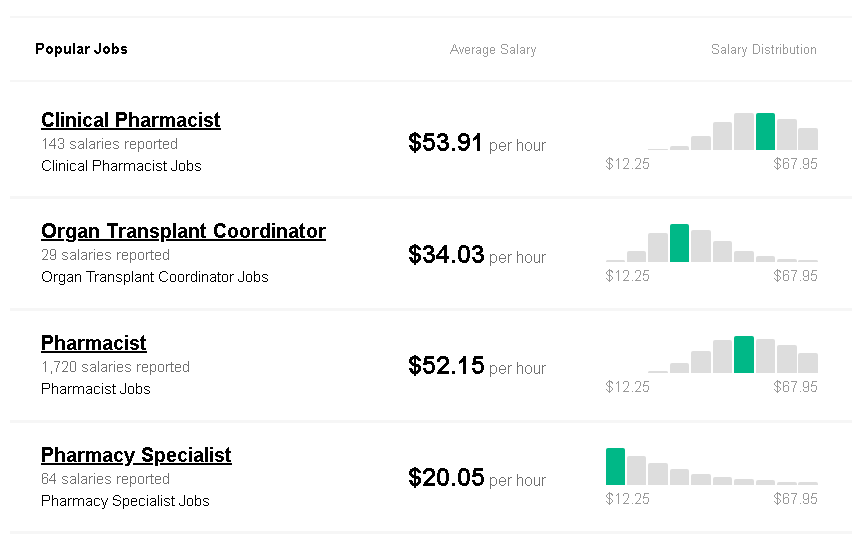Pharmacist jobs for organ transplant. Since the first solid organ transplants were first practiced in the 1970s a realization for a need for pharmacists specializing in the field came to light. Organ transplants require a lot of medicinal care and having a good staff pharmacist in your transplant program is crucial to your program’s success or failure. Transplant pharmacists (sometimes referred to as clinical transplant pharmacists or solid organ transplantation pharmacists) have a large presence in the areas of pharmacogenomics, innovative collaborative drug therapy management (CDTM), and prospective practice management. Pharmacist involvement in the care of a patient receiving a transplant is intended to facilitate the transition from the pretransplantation phase through inpatient discharge from the transplantation surgery.
Immunosuppressants are drugs or medicines that lower the body’s ability to reject a transplanted organ. Another term for these drugs is anti-rejection drugs. There are 2 types of immunosuppressants:
- Induction drugs: Powerful antirejection medicine used at the time of transplant. Transplant pharmacists are expected to present an objective assessment of the patient candidate’s pharmacologic & nonpharmacologic risks pertaining to transplantation. However each assessment should be tailored to the individual patient, an assessment of anticoagulation, drug interactions, medications related to mental health, medications for chronic pain, medication allergies, hormonal contraception and replacement therapy, current use of immunosuppressants or immunomodulators, issues with drug absorption, illicit substance use or abuse, and use of herbal supplements or nutraceuticals should be completed.
- Maintenance drugs: Anti-rejection medications used for the long term. Post-surgery.

Income for transplant pharma
Pharmacy careers in transplant can be very rewarding knowing you’re helping save lives vs standard pharmacists that dole out meds for various reasons. In organ transplant, you get to know the patient well, as well as their family members. What can you expect to make as a pharmacist will depend on many factors, and what state you live? Here’s how much you can expect to make as a pharmacist in every state in the US.
10 States to expect to make the highest salary as a pharmacist.
- Alaska: $139,880
- California: $139,690
- Vermont: $135,420
- Maine: $133,050
- Wisconsin: $132,400
- Oregon: $130,480
- Minnesota: $129,080
- Missouri: $128,420
- Washington: $127,360
- New Hampshire: $127,350
Payscale.com has the average income for a transplant pharmacist at $112,000 +/- in the United States with a job satisfaction rating of 4 out of 5 stars.
References – ASHP Guidelines
